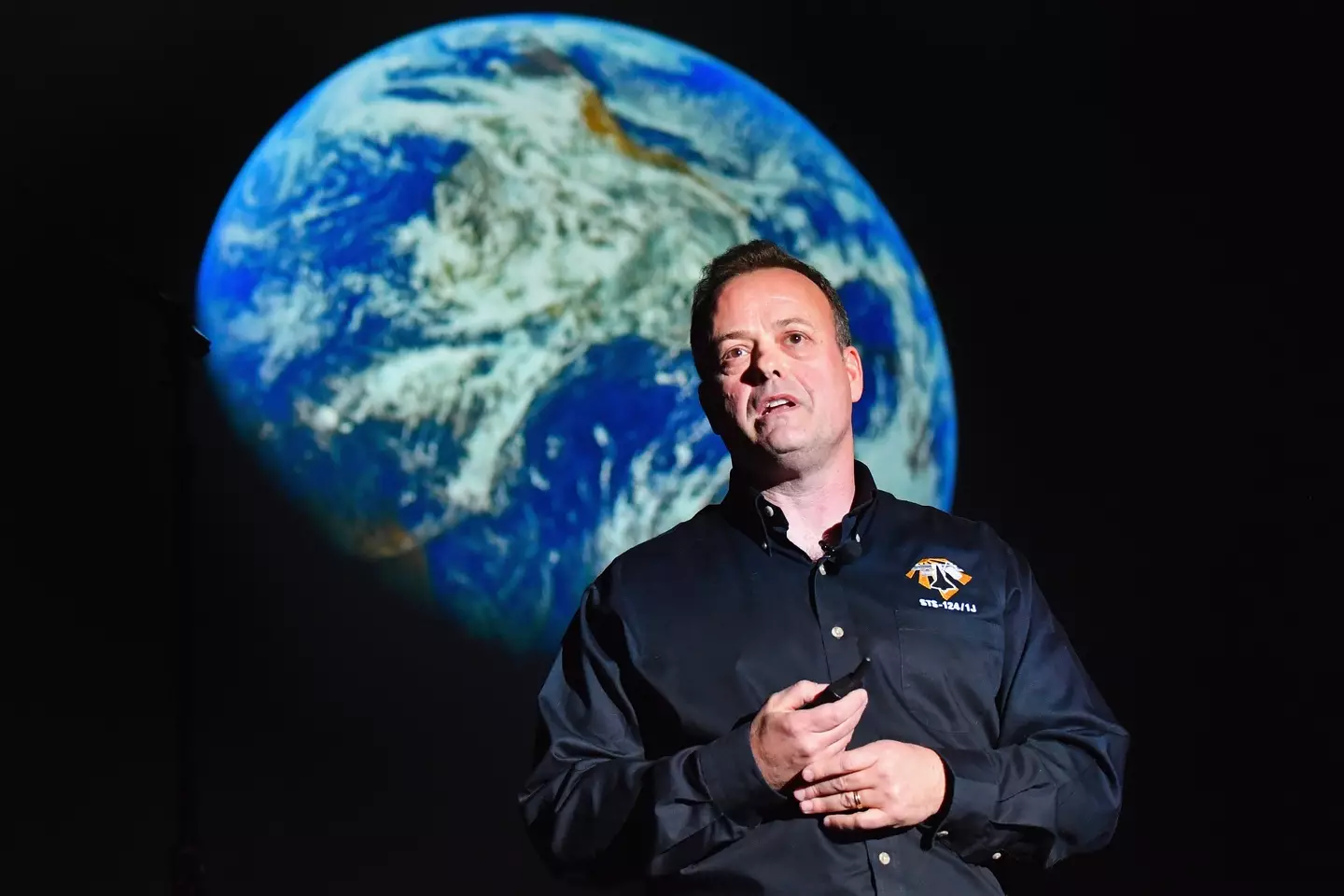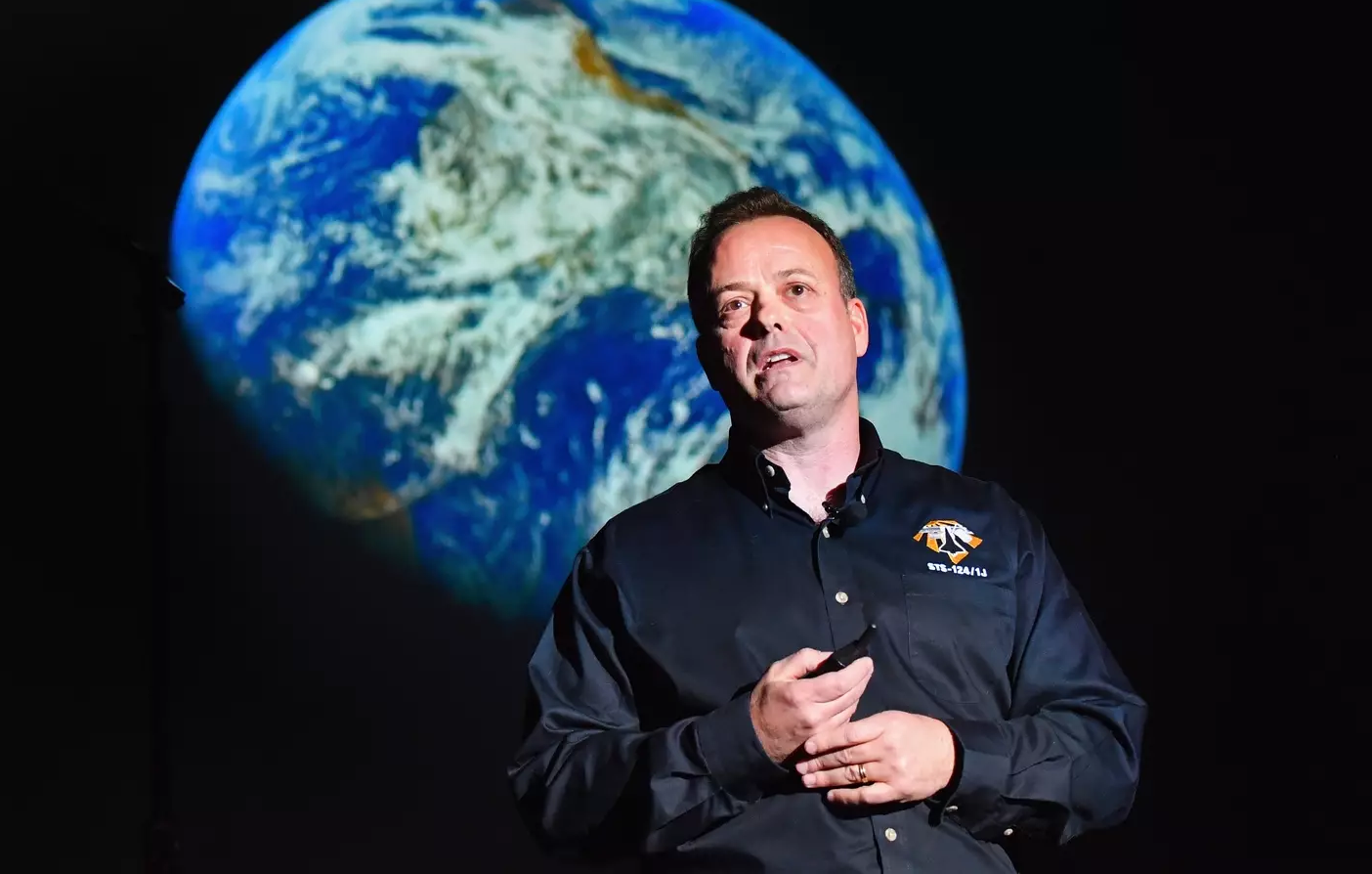Have you ever heard of the “Overview Effect”? This phenomenon refers to the transformative perspective astronauts gain when viewing Earth from space. It’s a profound shift in how they perceive our planet and the challenges we face as humanity.
What Is the Overview Effect?
Only a small number of people in history have had the opportunity to see Earth from space—fewer than 600 astronauts. Those who have describe a deeply moving experience, often referred to as the Overview Effect. This term encapsulates the emotional and intellectual shift that occurs when one sees Earth in its entirety: a fragile, interconnected sphere without visible borders, where political, racial, and economic divides seem insignificant.
Astronauts often remark on the thinness of Earth’s atmosphere, which appears almost impossibly delicate. This razor-thin layer is all that shields life on Earth, providing the conditions that sustain our existence.

Seeing Earth from space is known to cause the ‘overview effect’ (Getty Images)
The power of this perspective was first brought to the public’s attention in 1968 by the Apollo 8 crew, the first humans to orbit the moon. As they gazed back at Earth, they were struck by its beauty and fragility. Mission commander Frank Borman famously described the view as akin to “what God must see.”
Ron Garan, an astronaut who has also experienced this unique vantage point, compared the sight of cities at night to a glowing network of neurons. He described Shanghai’s nighttime lights as resembling a “nerve cell in the brain of the superorganism called humanity.”

Yuri Gagarin was the first person to enter space (Keystone-France/Getty)
The Apollo 8 astronauts later reflected that, while their primary mission was to study the moon, the view of Earth might have been the most significant discovery of their journey.
A New Perspective on Life
The Overview Effect offers a fresh way of seeing life on Earth. From space, the divisions that often preoccupy us—such as race, religion, or national borders—seem trivial. Astronauts describe a profound awareness of our shared humanity and the need to prioritize basic human rights and freedoms for all.

Astronaut Ron Garan has talked about his experience with the overview effect (Erika Goldring/Getty Images)
This new perspective often deepens their appreciation for Earth’s beauty and fragility. It underscores the urgent need to protect our planet and its ecosystems. Garan articulated this by saying, “I saw a luminous biosphere overflowing with life. I didn’t see the economy. Yet, our human-made systems treat everything, even the life-support systems of our planet, as subservient to the global economy. From space, it’s clear that we’re living a lie.”
Experiencing the Overview Effect on Earth
While most of us will never travel to space, it is possible to cultivate a similar perspective here on Earth. Spending time in nature is one way to gain a sense of awe and interconnectedness. Standing atop a mountain, gazing across an ocean, or marveling at the Grand Canyon can provide moments of clarity where personal concerns seem small, and the vastness of life becomes apparent.
Travel can also inspire this mindset. Meeting new people, exploring unfamiliar cultures, and witnessing both natural and man-made wonders highlight the shared humanity that connects us all and the importance of preserving our world for future generations.
The Overview Effect reminds us that Earth is our shared home, a fragile and beautiful planet that requires collective care and responsibility. Whether from space or through transformative experiences here on the ground, this perspective can inspire us to work together to ensure a sustainable and equitable future for all.

